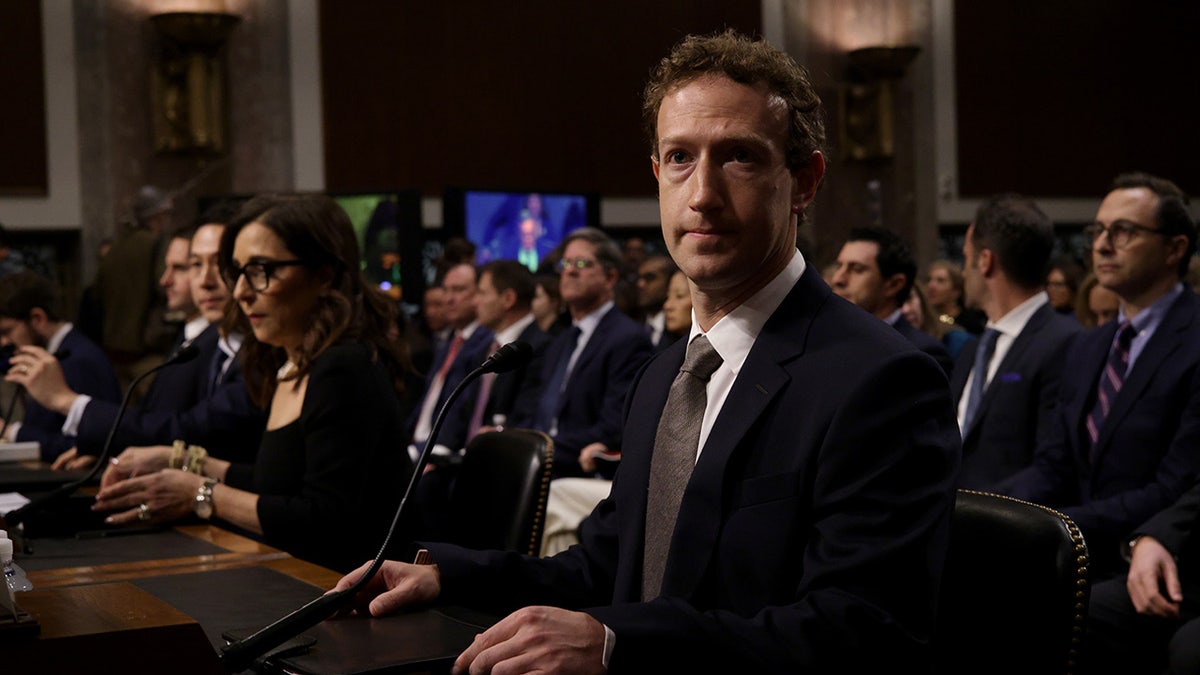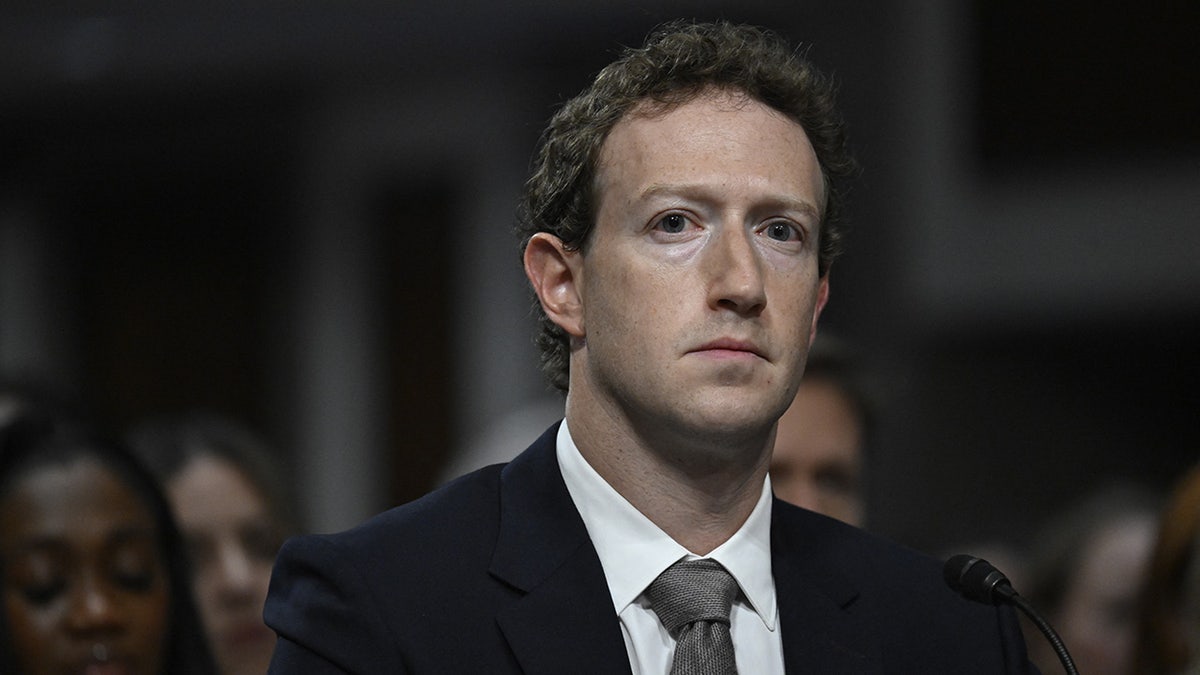The battle for free speech has found an unexpected champion in Meta CEO Mark Zuckerberg. In a recent announcement, Zuckerberg revealed Meta's commitment to bolstering free speech across its platforms, mirroring the approach taken by Elon Musk's X (formerly Twitter). This shift includes abandoning third-party fact-checking, implementing a community-driven 'notes' system, and prioritizing the removal of illegal and fraudulent content. These changes align with recommendations made by free speech advocates, including legal scholar Jonathan Turley.
This move has been met with both surprise and cautious optimism. Zuckerberg's history with free speech issues has been complex, marked by criticism from figures like Turley himself. The timing of this announcement, following years of resistance to transparency and collaboration with government censorship efforts, raises questions about Meta's motivations. However, the potential impact of this shift is significant. With Meta's vast reach, this change could significantly reshape the online landscape for free expression.

Recent revelations about government influence on social media platforms, particularly in the ongoing Missouri v. Biden case, underscore the importance of Meta's decision. Turley, in his book "The Indispensable Right: Free Speech in an Age of Rage," has documented Meta's past involvement in censorship practices. He notes the company's reluctance to disclose information about its internal processes, even after the Twitter Files exposed widespread censorship efforts. Zuckerberg's recent video portrays Meta as a reluctant participant in these efforts, a claim that contradicts years of criticism and concern from free speech advocates.
The pressure on social media companies to censor content has been immense. Congressional figures, including Senators Adam Schiff and Sheldon Whitehouse, have warned companies against restoring free speech protections. Senator Richard Blumenthal also cautioned against any "backsliding" on combating "disinformation." While Musk resisted these pressures, Zuckerberg appeared to comply until recently. Meta’s chief global affairs officer, Joel Kaplan, attributed this change in approach to the change in presidential administrations, suggesting a less restrictive environment under the current administration.

The global landscape for free speech is increasingly precarious, with censorship and speech restrictions becoming more common. Zuckerberg's commitment to free speech principles has the potential to be a pivotal moment, but genuine change will require more than just words. The future of free expression online may hinge on Meta's follow-through and the broader response to this shift in policy.
Comments(0)
Top Comments